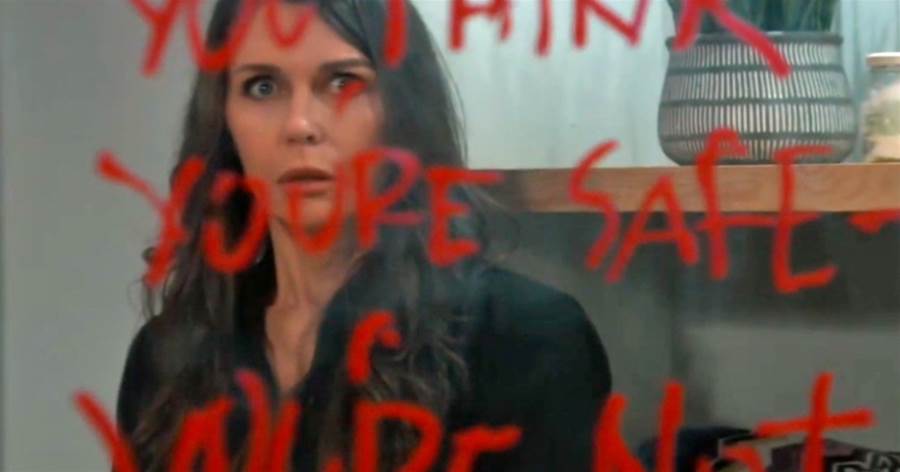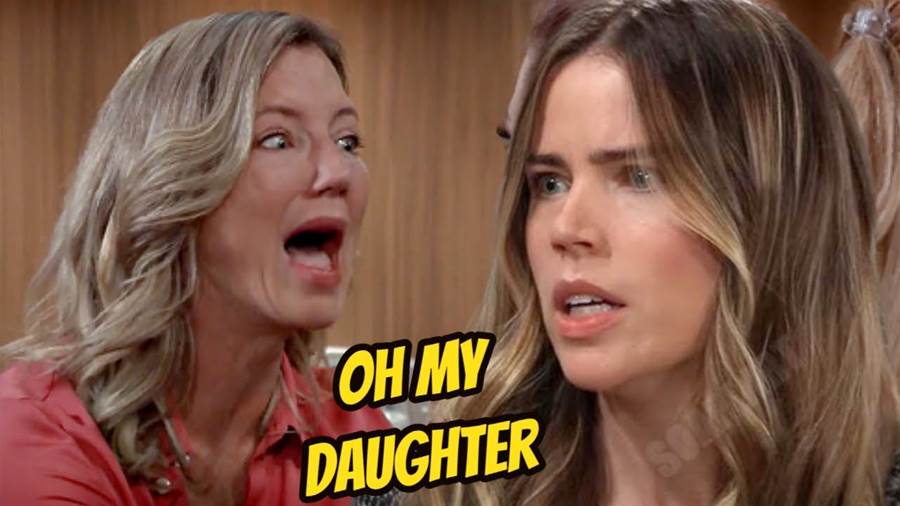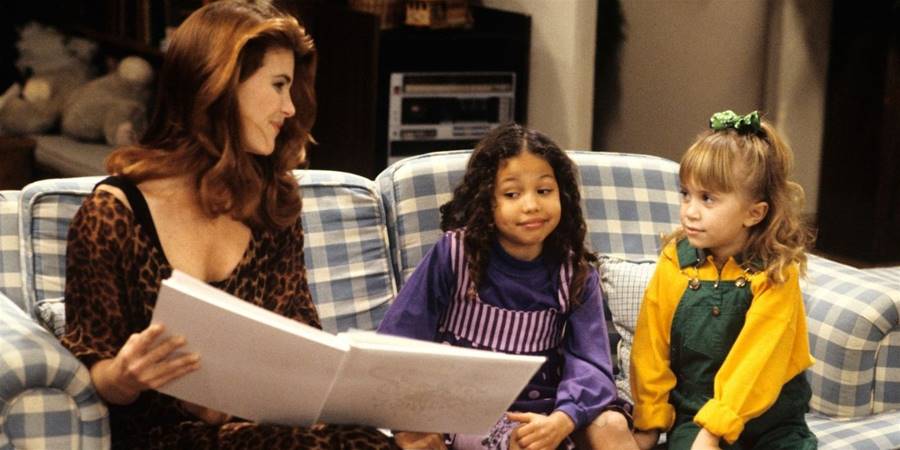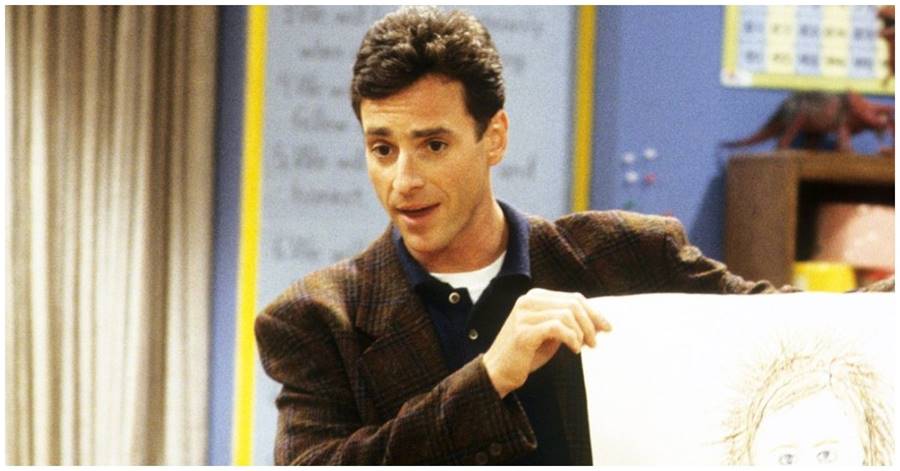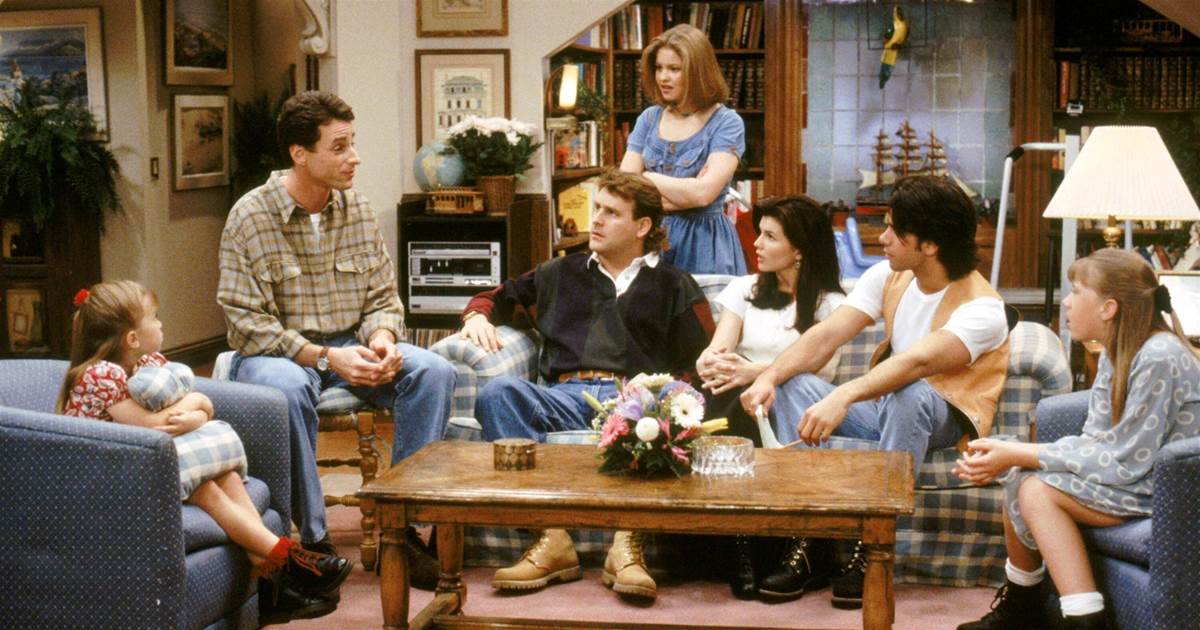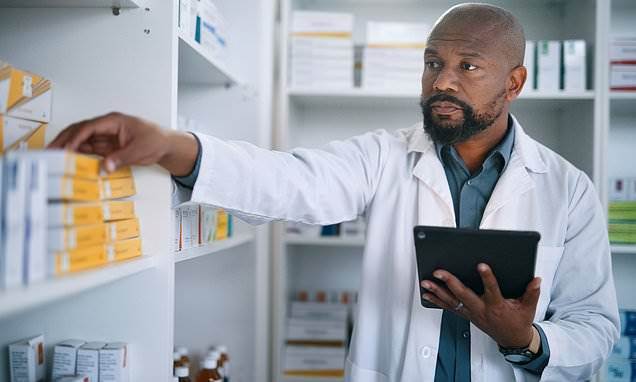
Pharmacists have warned that a shortage of common medicines is placing patients at risk, with shelves for drugs from HRT to left bare. But is your prescription at risk? See our definitive guide below...
How many products are suffering supply shortages?
An ‘out-of-stock bulletin’ sent to chemists by wholesalers, and shared exclusively with the Mail, shows there are currently 70 products with no or limited supplies. These include hormone replacement therapies (HRT) and drugs for , diabetes and epilepsy.
The list shows that while manufacturers hope to restock some products by the end of the month, some are unlikely to return to the shelves until December.
Worryingly, others are marked as having ‘no availability date’.
How widespread is the issue and how dangerous is it?
A recent survey of 1,650 people by patient watchdog Healthwatch England found that 24 per cent had not been able to get prescribed medication because their pharmacy had run out.
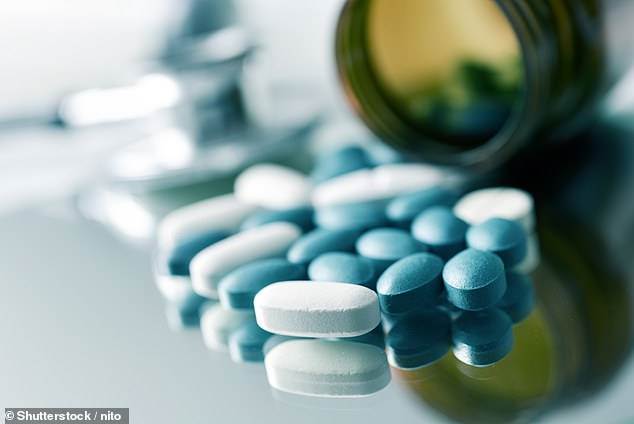
An ‘out-of-stock bulletin’ sent to chemists by wholesalers, and shared exclusively with the Mail, shows there are currently 70 products with no or limited supplies
Dr Leyla Hannbeck, chief executive of the Association of Independent Multiple Pharmacies, said: ‘As pharmacists, we are worried that some of these medicines’ shortages have an impact on patient safety because it affects their treatment, in some cases delays to their treatment, or, as some patients report, their symptoms return when they cannot get hold of their medicines.
’
What can patients do if they can't get hold of their drug?
Dr Hannbeck told the Mail that pharmacists were doing their best to source drugs but regularly found that all wholesalers had sold out of some items.
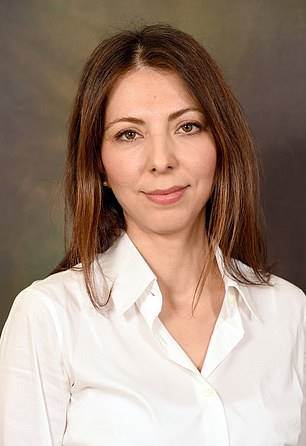
She added: ‘Patients can try several pharmacies to try to find their medication but if they have no joy they will need to return to their doctor to ask for a new prescription for an alternative drug.
‘They should not be tempted to go online to illegitimate sources as they can be dangerous.
‘The Government needs to resolve these problems and change the regulations so pharmacists can substitute some products themselves.
‘For example, it is bonkers that we cannot give customers 10mg tablets and tell them to take two if a doctor has prescribed one 20mg tablet and we have run out. A simple regulatory change would save time for pharmacists, patients and GPs.’
What is causing the shortages?
Dr Hannbeck said they were being fuelled by a ‘broken’ supply chain, which is unable to cope when demand for a drug rises or when a factory experiences production issues.
Alwyn Fortune, policy and engagement lead for Wales at the Royal Pharmaceutical Society, said reasons for shortages ‘are wide and varying’ and can be down to ‘manufacturing problems, key ingredients missing and global demand putting pressure on supplies’.
As doctors switch patients from the product in short supply to alternatives, this has a knock-on effect, leading to shortages of other drugs of the same type.
Celebrity-backed campaigns around the menopause have fuelled a rise in demand for HRT, and there have been manufacturing delays for some products.
NHS England and the Department of Health and Social Care published a National Patient Safety Alert in relation to a shortage of ‘glucagon-like peptide-1 receptor agonists’ earlier this month.
The range of drugs help manage blood glucose levels in those with type 2 diabetes but there has been a surge in doctors prescribing them to people who do not have the disease but want to use the jabs to aid weight loss.
A surge in diagnoses of ADHD has also put pressure on supplies of drugs that treat the condition.
